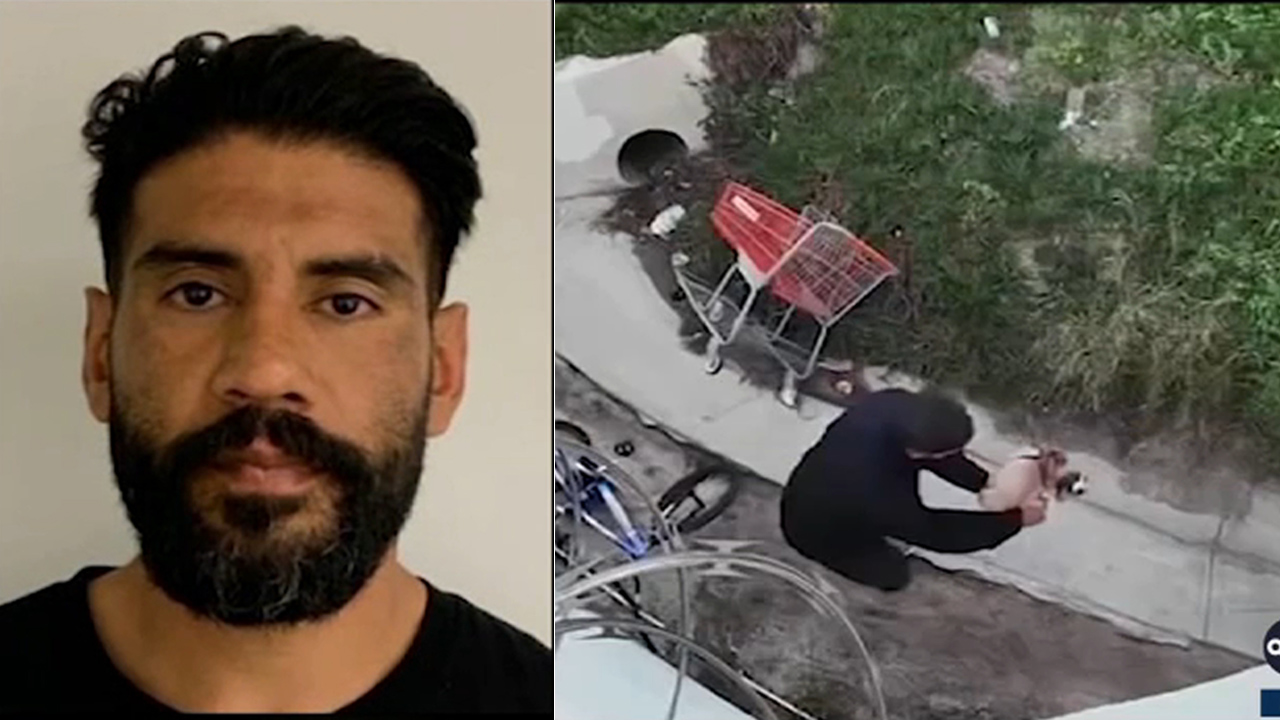How screening can save lives for people with hepatitis C
More than 3 million people in the United States are living with chronic hepatitis C, and yet most don't even feel sick.
But hepatitis C can lead to serious health problems, including cirrhosis and liver cancer. Only one in five people who are at risk actually get screened, even though that screening can save lives.
Like many baby boomers, 68-year-old Neil Strassman contracted hepatitis C and didn't know it. He was diagnosed in 2006. Eventually Strassman developed liver cancer. He underwent a successful liver transplant in 2012 and is now cancer-free.
"One day you may be growing a cancer and not know it. And by the time you know it, it's too late. So the screenings are really a big deal," Strassman said.
With liver cancer deaths doubling over the past decade and a huge increase in non-alcoholic fatty liver disease, doctors say lives can be saved if people with hepatitis C are identified and encouraged to get screened for liver cancer. It requires a blood test and an abdominal ultrasound.
"If Mr. Strassman was found at a more advanced stage, he wouldn't be around with us today. I think it really shows you the importance of doing this because it does save lives," said Dr. Amit Singal, who is a gastroenterologist and liver transplant specialist at UT Southwestern Medical Center.
Many patients can be treated with surgical resection or liver transplantation.
Because liver cancer screening is underused, Singal used electronic medical records to identify hepatitis C patients and sent 1,200 letters urging them to get screened. They were able to triple the number of screenings, which is how Strassman's cancer was detected.
"This is the future, science and technology coming together to really improve outcomes," Singal said.
Strassman agreed.
"If you have hepatitis C, get regular screenings," Strassman said. "Hopefully they won't see anything. But if they do, you'll be at a stage where it can be cured."
Singal is also working on a blood test that could eliminate the need for ultrasound to detect early-stage liver cancer. That blood test could be ready in two years.
When liver cancer is at an advanced stage, the life expectancy is one to two years, even with treatment; however, with liver cancer screening the life expectancy is well over five years, often 10 to 20 years.








